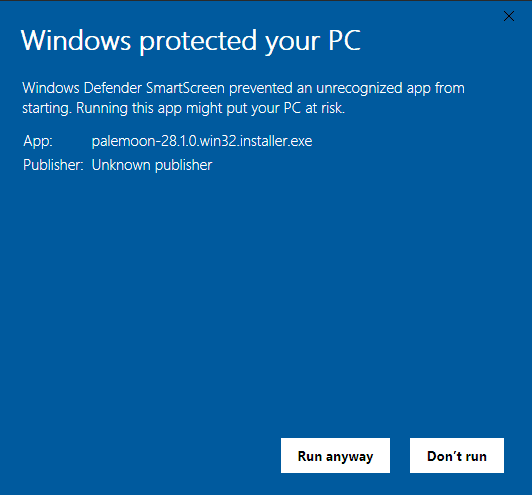this morning I received an email from Apple that sounds a bit "disturbing".
I'm wondering if unsubmitted software will be automatically blocked in any near future.macOS Mojave is here. Give Mac users even more confidence in your software distributed outside the Mac App Store by submitting it to Apple to be notarized. When users on macOS Mojave first open a notarized app, installer package, or disk image, they’ll see a more streamlined Gatekeeper dialog and have confidence that it is not known malware.
Download Xcode 10 and submit your software today. In an upcoming release of macOS, Gatekeeper will require Developer ID–signed software to be notarized by Apple.





